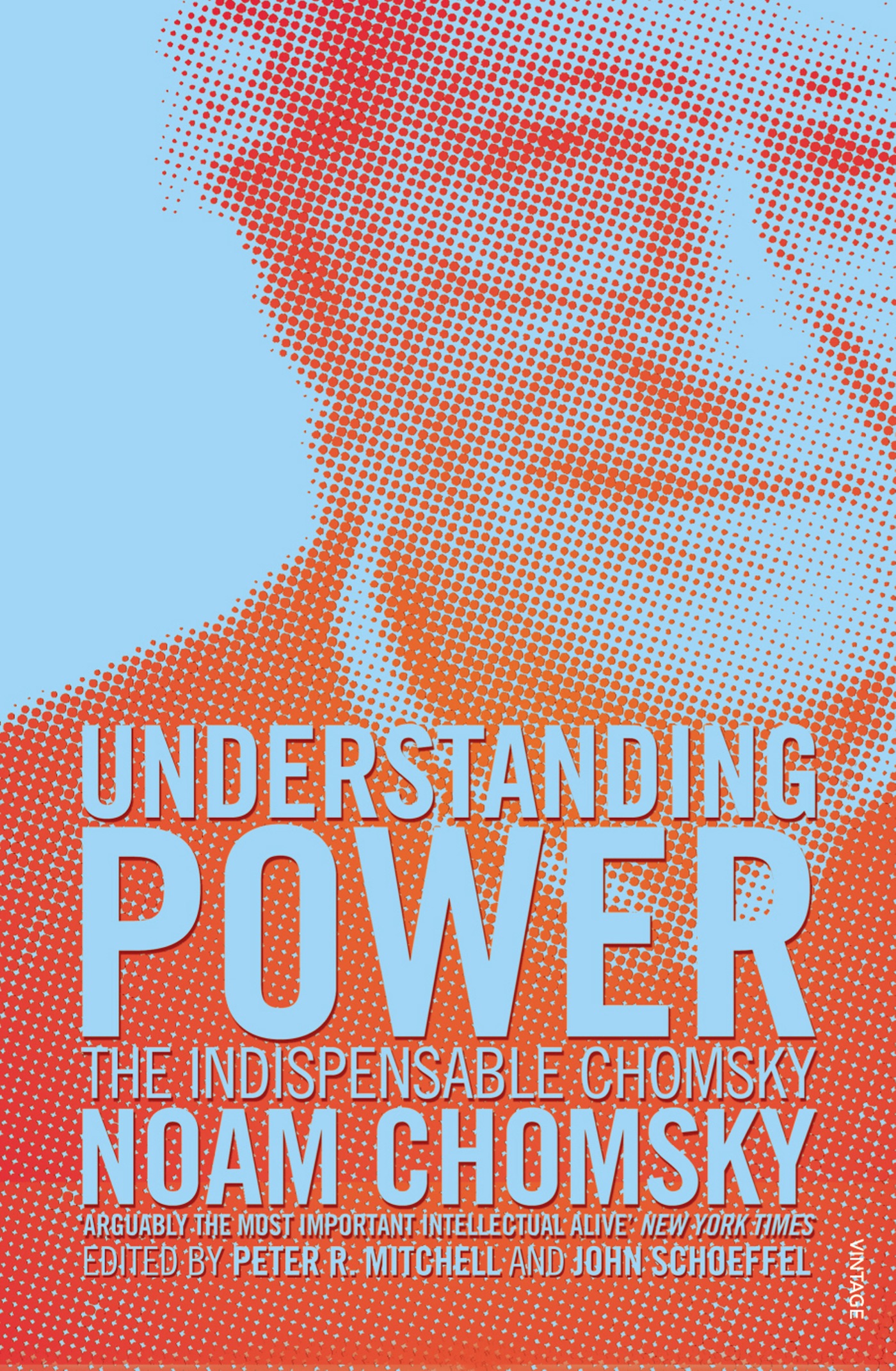
But the point is, for classical liberals in the eighteenth century, there was a certain conception of just what human beings are like—namely, that what kind of creatures they are depends on the kind of work they do, and the kind of control they have over it, and their ability to act creatively and according to their own decisions and choices. And there was in fact a lot of very insightful comment about this at the time. So for example, one of the founders of classical liberalism, Wilhelm von Humboldt (who incidentally is very admired by so-called “conservatives” today, because they don’t read him), pointed out that if a worker produces a beautiful object on command, you may “admire what the worker does, but you will despise what he is”—because that’s not really behaving like a human being, it’s just behaving like a machine. And that conception runs right through classical liberalism. In fact, even half a century later, Alexis de Tocqueville [French politician and writer] pointed out that you can have systems in which “the art advances and the artisan recedes,” but that’s inhuman—because what you’re really interested in is the artisan
📕Noam ChomskyUnderstanding Power
The replicability of a machine is too “perfect” for an artistic style to develop.
Josh Beckman